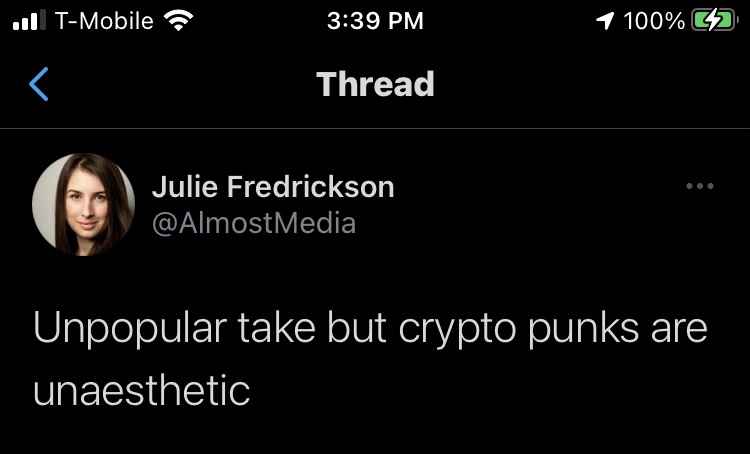As I was putting down scratch notes for Chaotic.Capital’s thesis yesterday on the types of businesses we like I thought I’d do a bit more stream of consciousness writing to discuss some of the mega-trends that I see driving returns over the next decade.
Embedded Functionality
We think more and more businesses will be born of the embedded functionality inside protocol layers or data sets. Many protocols have functionality embedded across different layers of utility and functionality. For instance, the new consumer bank is an API at heart. The protocol layer is the API and the embedded functionality is the financial services layers enabled through the protocol or application layer. Need another example. Retail sales data and demand trends give rise to fashion retailers. Think of StitchFix, the clothing brand is the embedded functionality of its aggregate trend, recommendation and demand data set.
Unbundling Trust
Trust based networks rule businesses like insurance, retail banking, law and financing. But what if trust was unbundled from institutional nexuses of power. What if we built trust from value creation instead of value extraction. DeFi wants to build permission-less trust based on a protocol. Its entirely possible we bundle trust back into the wisdom of crowds and markets. Wall Street Bets is an aggregate source of unbundled trust. Figuring out what layers can be stripped away for more efficiency and what layers we need for safety and peace of mind are unsolved problems.
Data Ingestion Is Value Creation. The more capacity we have for data collection the more demand we will have for data ingestion and processing. While we can say sure businesses rely on the protocol and data and that unbundles trust, that’s not the full picture. We will need people who make sense of the chaos for the muggles. Ordered systems give the impression of serendipity for their users (an introduction on a social network, a recommendation for a loan, an outfit customized for you) but the work required to intake and order the data to create value for users is a big hairy problem. And there is a lot money to be made in those. Centralization may come at this layer especially in user experience.
Flexible Asset Weighting.
We are also interested in businesses that know where they stand with capital needs for their business. If you are executional business you need a thin layer of assets to succeed. To quote Roy Bahat “hot swap” startups are executional businesses. A slim horizontal physical layer to take advantage of low financing costs means return on equity is greater for these asset light businesses. If it’s deep innovation then you can be asset heavy. We like those just fine too. But knowing where you stand and anchoring your business case on your asset weighting can give you an edge. That lets you be capabilities based and find opportunities, particularly as debt as is in a commoditization cycle.
All of this is to say we are thinking across a number of system level problems to unearth startups that will give flexibility to individuals, organizations, industries and hopefully the entire economy. Incumbents won’t see who is coming to beat them because they won’t recognize the new predators. They prioritize value systems that at won’t remain true as systemic chaos erodes inefficient businesses and institutions.
